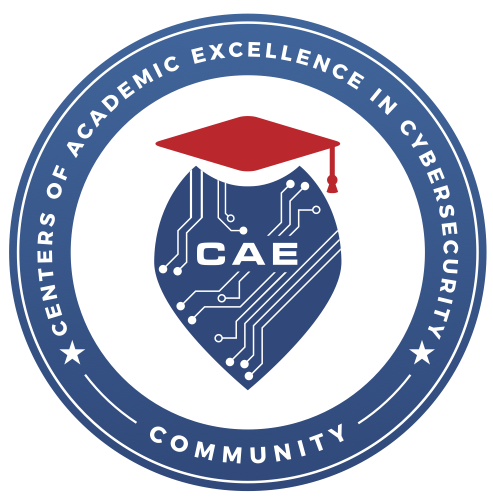Puzzle Based Cyber Security Learning To Enhance Defensive Skills of Front-Line Technicians
Funded by National Science Foundation, NSF- ATE Award Numbers 1406992/ 1406853
  |
Download Puzzle:
Collaborative Project:
Jackson State Community college and
The University of MemphisTargeted Audience: Community College Students pursuing careers in computer networking and security fields
PRINCIPAL INVESTIGATORS:
Prof. Thomas L. Pigg
Dean of Allied Health and CIS/Professor of CIS
Jackson State Community College (JSCC)
Email: tpigg@jscc.eduProf. Dipankar Dasgupta
Director, Center for Information Assurance
The University of Memphis
Memphis, TN 38152-3240
Email: dasgupta@memphis.edu
The Goal
The goal of this project is to improve the effectiveness of cyber security education through puzzle-based learning (PBL), expanding student knowledge and problem solving skills through the stimulation of their cognitive abilities. PBL has already proven effective in many STEM learning environments including mathematics, physics, and computer science as an interesting and effective way of learning complex logic and abstract concepts. Cyber security has increasingly become important due to the escalating sophistication and frequency of online attacks, as well as the consequences of these attacks for various organizations and their infrastructures. This PBL project utilizes various approaches (simulations, interactive graphics, games, etc.) to improve defensive skills that will not only teach students how to protect specific systems, but also how to protect entire classes of systems that provide similar services, but with differing hardware/software components and architectures.

